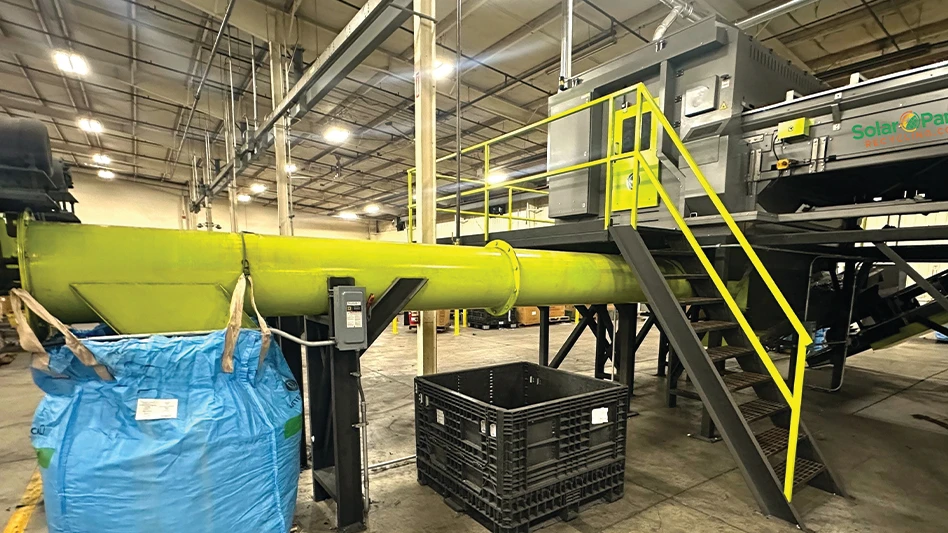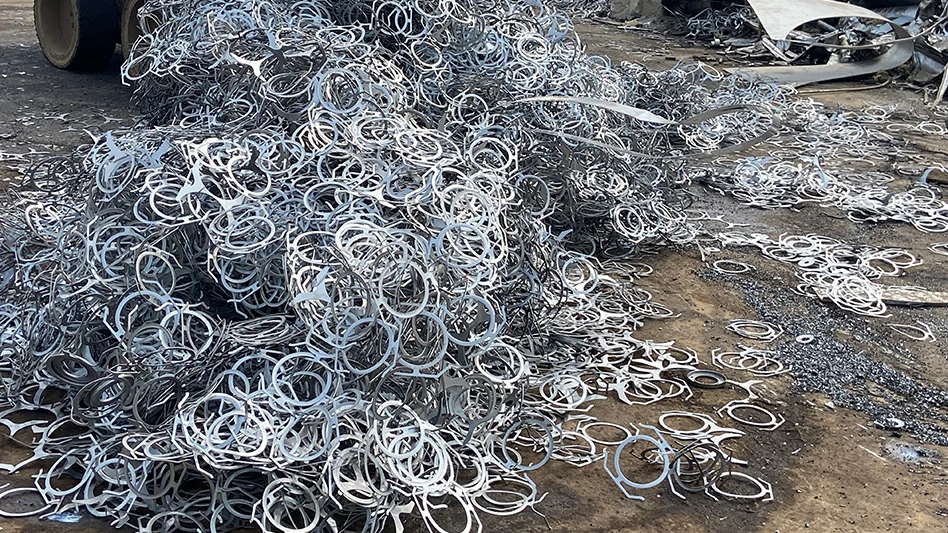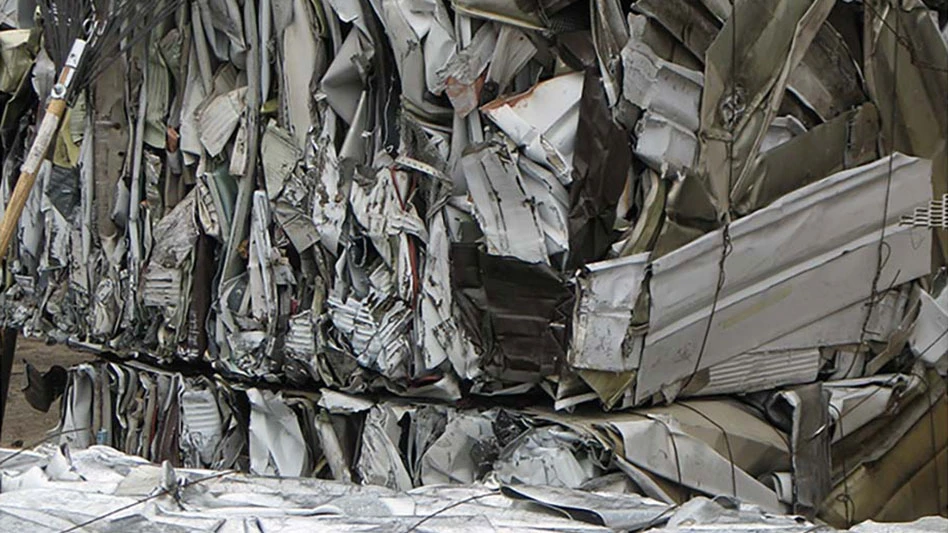
butenkow | stock.adobe.com
The Canada Plastics Pact (CPP), Ottawa, Ontario, has welcomed Conestoga College, Copol International Ltd., the Pet Food Association of Canada and Realizse to its expanding network of partners in the third quarter of 2024.
“We know we can’t solve the plastic crisis by working alone,” CPP Managing Director Cher Mereweather says. “We are excited to welcome these new stakeholders to the pact, each contributing unique perspectives to the plastics value chain.”
Based in Ontario, Conestoga College’s Food Research & Innovation Lab leads applied research aimed at supporting the packaging industry, particularly in the areas of flexible and rigid plastic packaging, to help drive the industry’s shift toward more sustainable alternatives. Conestoga’s SMART Centre, which houses an advanced recycling technologies laboratory, facilitates pilot-scale testing of recycling and material recovery, along with advanced vision and robotics technologies.
Headquartered in Cape Breton, Nova Scotia, Copol International is a custom manufacturer of cast polypropylene (PP) films that has been operating for more than 30 years. Copol focuses on reducing plastic scrap through various initiatives. The company currently is advancing production of monomaterial films and compostable biopolymers to support a circular economy for plastics.
The Ontario-based Pet Food Association of Canada represents the country’s pet food industry and supports innovation in reducing plastic use and improving plastic packaging recyclability.
San Francisco-based Realizse focuses on tracking and tracing products throughout their life cycle through the use of blockchain technology and digital measurement, reporting and verification (DMRV) solutions. The CPP says Realizse is leading the effort in validating plastics circularity through industry collaborations such as ReciChain Alberta, where Realizse is developing traceability solutions by utilizing decentralized technology.
The CPP's goal is to unite diverse leaders and experts in the national plastics value chain to collaborate and rethink the way plastic packaging is designed, used and reused, noting that its partners develop, pilot and scale solutions to overcome systemic barriers.
Latest from Recycling Today
- LME expresses satisfaction with its 2024 activity levels
- Institute urges increased focus on copper recycling
- Volvo CE dealership in Canada changes hands
- Takeuchi adds Southwestern US manager
- McNeilus unveils fully integrated, electric front-loading collection vehicle
- CalRecycle releases SB 54 updates as new year begins
- Regenx receives funding from the National Research Council of Canada Industrial Research Assistance Program
- GFL Environmental Inc. to sell majority stake in Environmental Services business to Apollo, BC Partners





